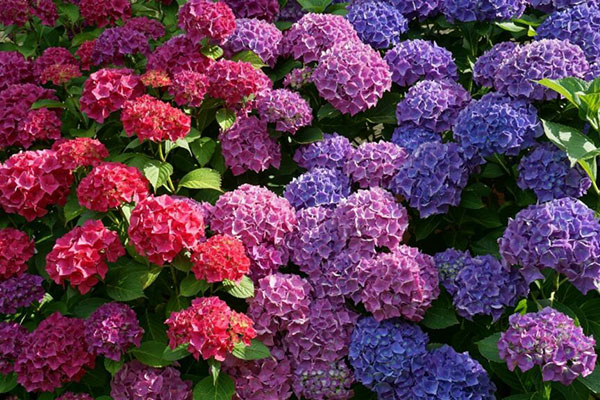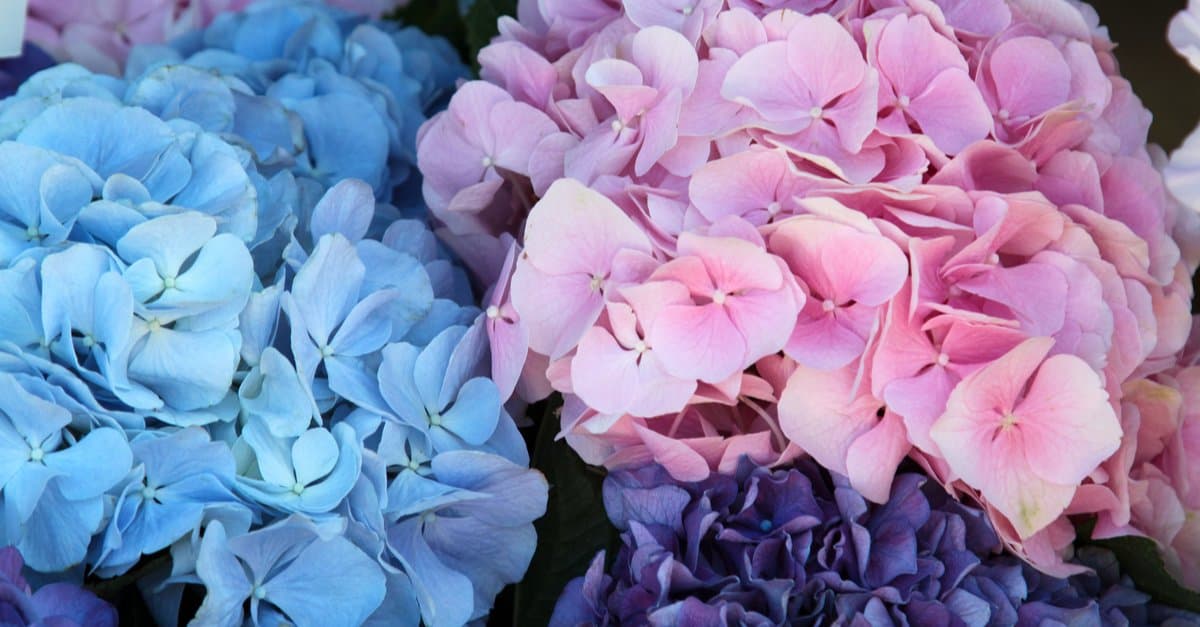Are Hydrangeas Poisonous
Are Hydrangeas Poisonous?
Hydrangeas are beautiful flowering shrubs that are popular in gardens around the world. But did you know that hydrangeas can be poisonous?
In this blog post, we will discuss the toxicity of hydrangeas, the symptoms of hydrangea poisoning, and how to treat it. We will also provide some tips for keeping hydrangeas safe around pets and children.
What Makes Hydrangeas Poisonous?
Hydrangeas contain a compound called amygdalin. Amygdalin is a cyanogenic glycoside, which means that it can break down into cyanide. Cyanide is a highly toxic compound that can cause death.
The amount of amygdalin in hydrangeas varies depending on the species and variety of hydrangea. However, all parts of the hydrangea plant are considered to be poisonous, including the leaves, stems, flowers, and roots.
Symptoms of Hydrangea Poisoning
The symptoms of hydrangea poisoning can vary depending on the amount of hydrangea that was ingested. However, some common symptoms include:
- Nausea
- Vomiting
- Diarrhea
- Abdominal pain
- Headache
- Dizziness
- Confusion
- Seizures
- Coma
In severe cases, hydrangea poisoning can be fatal.
Treatment for Hydrangea Poisoning
If you think that you or someone you know has ingested hydrangea, it is important to seek medical attention immediately. There is no specific antidote for hydrangea poisoning, but treatment typically involves supportive care, such as:
- Activated charcoal to help absorb the toxin
- Gastric lavage (stomach pumping)
- Intravenous fluids to help flush out the toxin
- Oxygen therapy
Keeping Hydrangeas Safe
If you have hydrangeas in your garden, it is important to keep them safe from pets and children. Here are some tips:
- Plant hydrangeas in an area that is inaccessible to pets and children.
- Keep hydrangea flowers out of reach.
- Do not let pets or children chew on hydrangea leaves or stems.
- If you think that your pet or child has ingested hydrangea, contact your veterinarian or the Poison Control Center immediately.
Conclusion
Hydrangeas are beautiful plants, but they can be poisonous. It is important to be aware of the risks of hydrangea poisoning and to take steps to keep hydrangeas safe around pets and children.
If you have any questions about hydrangea poisoning, please contact your doctor or a poison control center.
FAQ of hydrangea poisonous
FAQs about Hydrangea Poisoning
1. Are hydrangeas poisonous?
Yes, hydrangeas are poisonous to humans and animals. All parts of the plant contain cyanogenic glycosides, which can release cyanide when ingested. Symptoms of hydrangea poisoning can include nausea, vomiting, diarrhea, headache, dizziness, and confusion. In severe cases, poisoning can lead to coma or death.
2. How much hydrangea is poisonous?
The amount of hydrangea that is poisonous varies depending on the individual. However, even small amounts of the plant can be harmful. If you think you or someone you know has ingested hydrangea, it is important to seek medical attention immediately.
3. What are the symptoms of hydrangea poisoning?
The symptoms of hydrangea poisoning can vary depending on the amount of the plant that was ingested. However, some common symptoms include:
- Nausea
- Vomiting
- Diarrhea
- Headache
- Dizziness
- Confusion
- Seizures
- Coma
4. What should I do if I think I have ingested hydrangea?
If you think you or someone you know has ingested hydrangea, it is important to seek medical attention immediately. Do not induce vomiting unless instructed to do so by a healthcare professional.
5. How can I prevent hydrangea poisoning?
There are a few things you can do to prevent hydrangea poisoning:
- Keep hydrangeas out of reach of children and pets.
- Do not eat or drink any part of the hydrangea plant.
- If you are gardening with hydrangeas, wear gloves to protect your skin.
Image of hydrangea poisonous
5 different images of "hydrangea poisonous" from Pinterest:
- Image 1: A close-up of a hydrangea flower with the caption "All parts of the hydrangea plant are poisonous."

- Image 2: A group of hydrangea plants with the caption "Keep hydrangeas away from children and pets, as they are all poisonous."

- Image 3: A diagram of a hydrangea plant with the different parts labeled, with the caption "The roots, leaves, flowers, and bark of the hydrangea plant are all poisonous."

- Image 4: A warning sign with the text "Hydrangea Poisonous" in red letters.

- Image 5: A photo of a person holding a hydrangea flower with the caption "Be careful, hydrangeas are poisonous!"

Post a Comment for "Are Hydrangeas Poisonous"